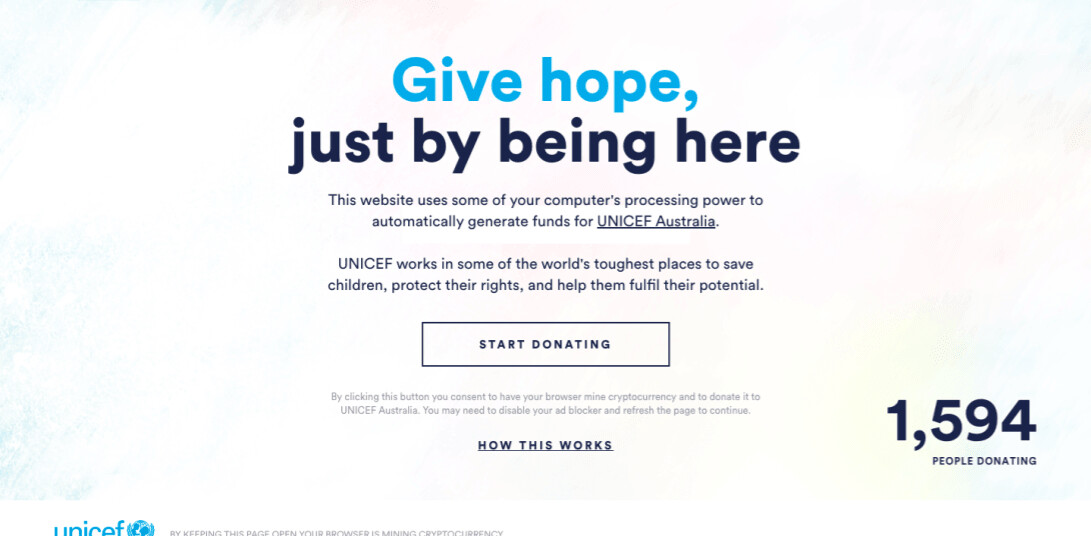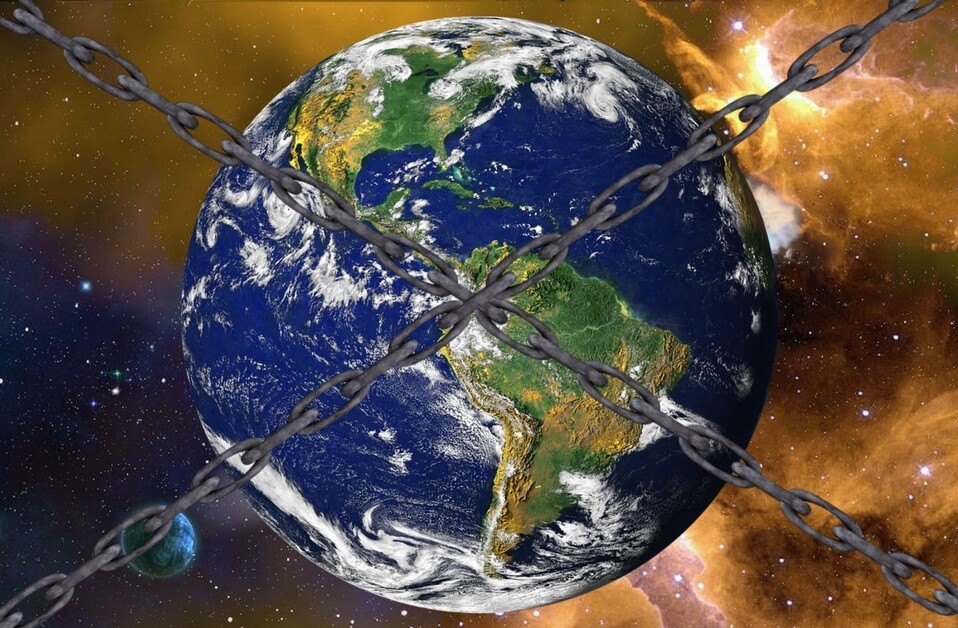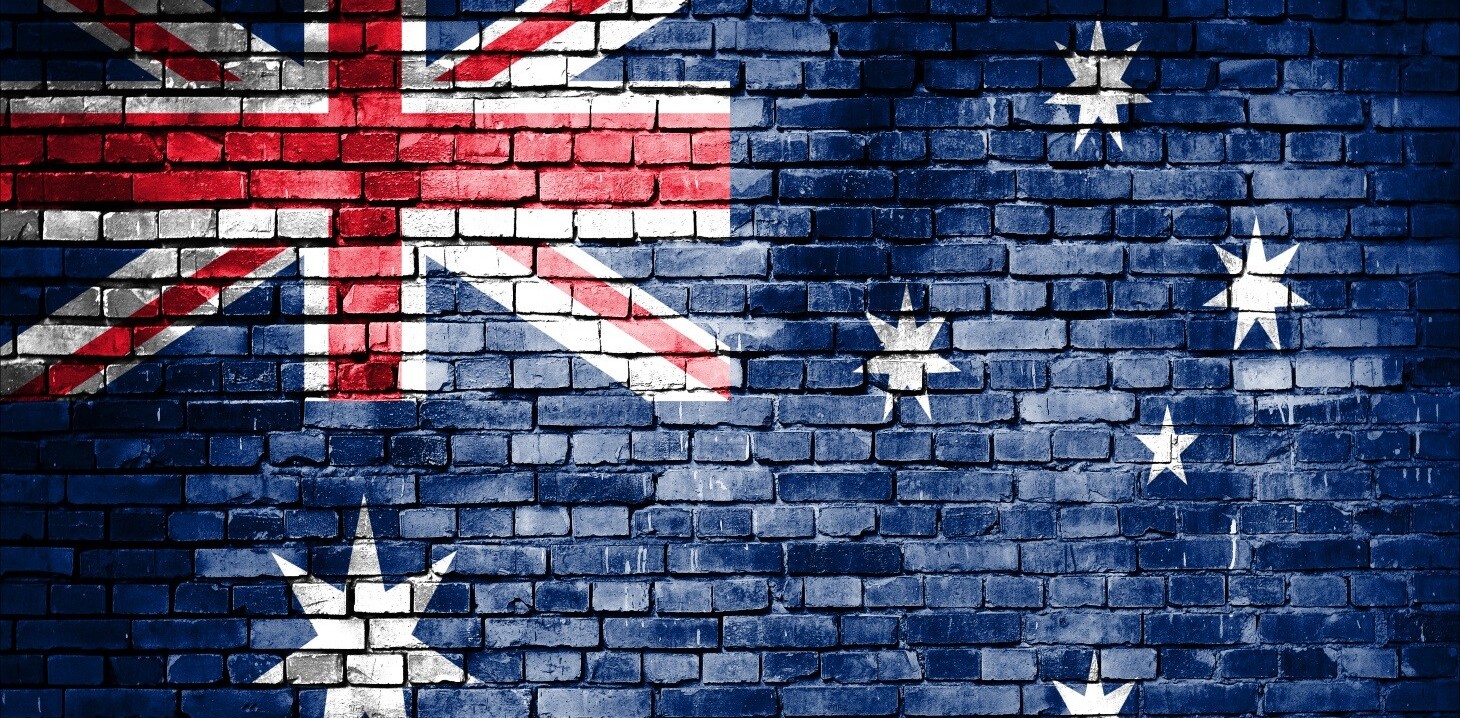
The Australian Broadcasting Corporation (ABC), the Antipodean public service broadcasting equivalent of the BBC, is marking its 80th anniversary by launching a new website called 80 Days That Changed Our Lives. Reflecting on eight decades of newsworthy and notable events, the site offers 80 segments of audiovisual content from its archives. However, the ABC is also simultaneously releasing some of these reports to Wikimedia under a Creative Commons license.
Wikimedia Commons is a project of the Wikimedia Foundation, which operates the hugely popular online encyclopedia Wikipedia, and serves as an online repository of free-to-use media assets, including images, sound and video.
This release of these assets is a first for Australia, and for Wikimedia, as it’s “the first collection of broadcast ‘packaged’ footage released to Wikimedia Commons under a free license.” Indeed, no other Australian broadcaster, commercial or public, has donated video footage directly to the Wikimedia Foundation, and you can see here where it’s already being used within Wikipedia articles.
As Wikimedia notes, however, Al Jazeera is one of the leaders in terms of making archived content available, through its very own Creative Commons portal, whilst the Netherlands Institute for Sound and Vision has, through Open Beelden, been sharing historical newsreels online. Both of these collections have subsequently been copied into Wikimedia Commons. The ABC is also following in the footsteps of Radio y Televisión Argentina, which has released some of its archival recordings too.

Among the footage released by ABC include an interview with Arthur C. Clarke predicting the Internet (1974), and the release of Lindy Chaimberlain from prison (1986). You can view the full archive of released material here, and these are now all available to be reused, shared and adapted.
“As a non-profit operated collection of educational and freely-licensed media, and as the repository that serves the 280+ languages editions of Wikipedia, we believe that Wikimedia Commons is a perfect place for broadcasters and other GLAMs to share their archival content,” says Project Officer Liam Wyatt. “Hopefully this release from the Australian public broadcaster will be the beginning of an ongoing relationship with the Wikimedia projects and the Wikimedia community, and encourage other broadcasters – especially those that are publicly funded – to join us.”
So, could this encourage the likes of the BBC to release some of its wealth of archival footage under a creative commons license? Perhaps. I’d say it’s only a matter of time before the UK’s publicly-funded broadcaster starts releasing at least some of its content to Wikimedia Commons, such as old news reports and broadcasts covering some of the country’s milestone events of the past 80 years.
Get the TNW newsletter
Get the most important tech news in your inbox each week.




